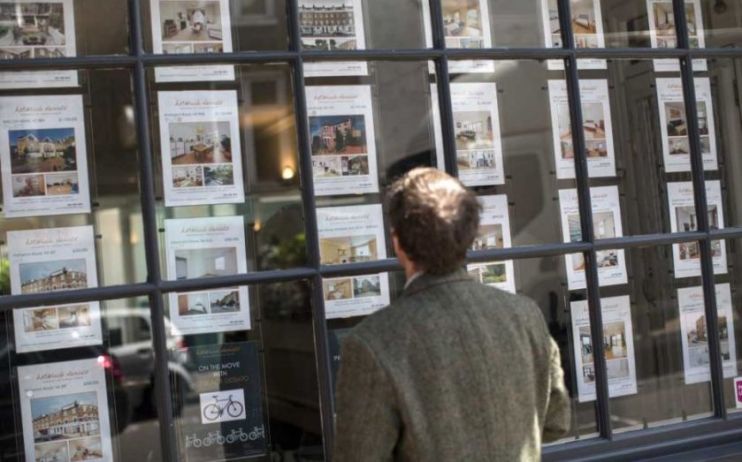Mortgage chaos set to hit banks’ bottom line as demand dries up

Chaos in the mortgage market is likely to lead to big changes in lending as banks seek to find ways to capitalise on rising interest rates, analysts suggest.
Over the last few weeks, the mortgage market has been in turmoil after stubbornly high inflation raised the prospect of further rate hikes.
“Mounting base interest rates, pricing and an overheated housing market form a toxic cocktail for the UK’s £1.6trn mortgage market,” Bloomberg Intelligence’s Thomas Noetzel said.
In response to rising interest rates, Noetzels suggested that UK mortgage approvals will “slow or even plateau” in the second half of the year. He reckoned monthly approvals would fall to or below £20bn compared to the pandemic-recovery average of £27bn.
Over the past few years the volume of mortgage approvals has been key to UK banks’ net interest income,” Noetzel said, as mortgages have been “the only real source of loan growth since 2019”.
But Noetzel suggested that an increase in remortgaging could “partly offset” the fall in first-time buyer volume.
He argued that remortgaging of five-year fixed terms would surge as banks sought to reduce churn and secure a more visible income stream.
“We would expect the share of total mortgages represented by remortgaging to rise from an average 35 per cent over the past three years to more than 40 per cent, and the aggregate amount to be higher than £10bn monthly vs about £8bn on average since late 2019,” Noetzel said.
He also suggested that banks might lift the loan cap as lenders come under pressure from the government to support consumers most affected by the cost-of-living crisis.
Mortgage rates have surged in recent weeks after May’s inflation figures came in higher than expected. Markets immediately priced in further rate hikes, with many now expecting the Bank of England to lift rates to 5.5 per cent.
Banks including HSBC and Santander have had to pull deals for new mortgages at short notice as customers sought to lock in lower rates. Many customers are likely to pay hundreds of pounds a month more when they come off the end of fixed-rate deals.